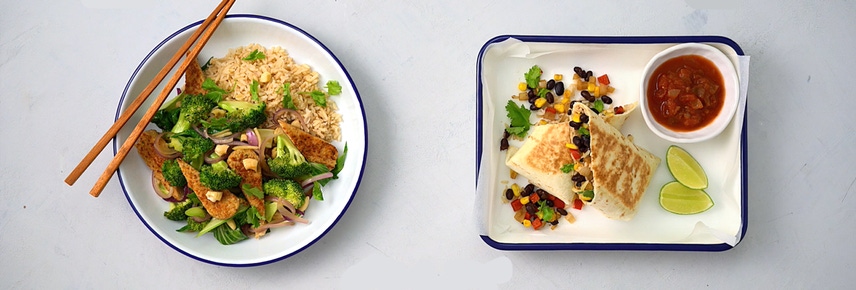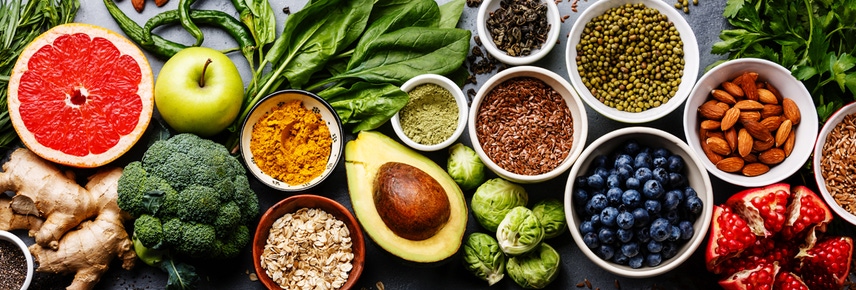
PMS: What to eat to ease symptoms and balance hormones naturally
From sore boobs, to feeling completely wiped out, to being downright cranky (actually throw in sad and happy all at the same time). The symptoms of premenstrual syndrome (PMS) are long and varied and they hit us all differently. PMS can be very serious, causing debilitating cramps or migraines, requiring days off work, and severe mental health problems.
The good thing is we’re in this together. Around 80-90% of women of reproductive age experience PMS, with 3-8% experiencing severe symptoms.
The exact cause of PMS is unknown, but fluctuating hormones is the most likely culprit. We do know the symptoms are related to ovulation - you don’t get PMS if you don’t ovulate.
How can you reduce the symptoms of PMS naturally?
There are things you can do to help ease symptoms of PMS. This includes reducing stress and staying active, and looking after yourself by getting enough rest.
It’s also important to eat well. Vitamins and minerals from your food help to support the glands that produce hormones. For example, the pituitary gland is responsible for triggering your ovaries to make oestrogen and progesterone.
These hormones are needed to make the lining of the uterus thicker to prepare your body for pregnancy. If pregnancy does not happen, hormone levels drop and the lining of the uterus comes away - you get your period. To work well, your pituitary gland needs iodine, iron, magnesium and manganese.
To get plenty of vitamins and minerals, focus on eating lots of nutrient-rich plant foods. A low fat vegetarian diet has even been shown to reduce the duration and severity of menstrual cramps and pains.
What food should you eat to ease PMS?
Below is a list of key nutrients that have been showed to help alleviate PMS as well as some foods that contain them.
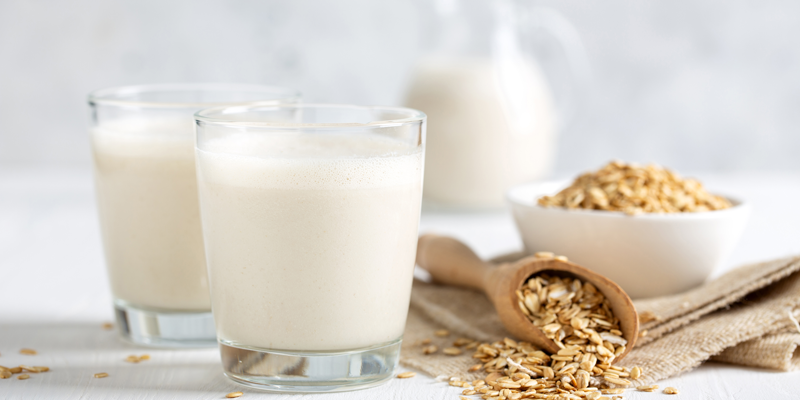
CALCIUM
Calcium is a nutrient that’s important to help manage PMS and also menopause. Research shows low dose calcium supplements can help with mood disorders associated with PMS including anxiety, depression and mood swings, as well as water retention.
Calcium may also have anti-inflammatory properties, which can help relieve headaches, cramps and bloating. For food sources that can help bump up your calcium levels try nuts, tofu (calcium set), chickpeas, leafy greens like kale, broccoli and bok-choy, yoghurt, milk and calcium-fortified soy, almond and oat milks.
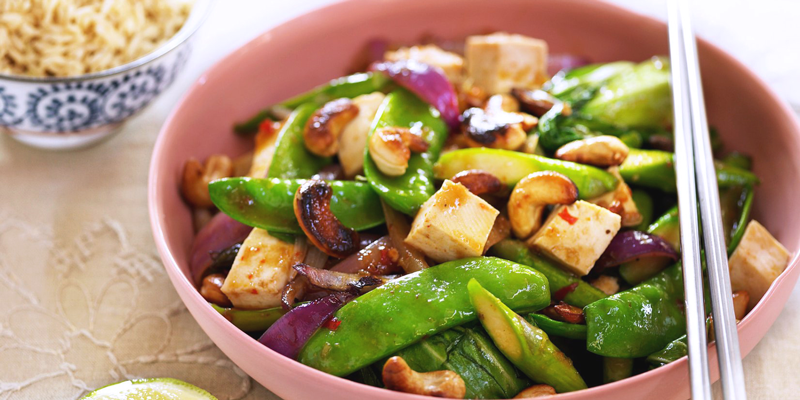
OMEGA 3
There is also emerging evidence to say that omega-3 may help alleviate a wide range of PMS symptoms both mood related (depression, nervousness, anxiety, and lack of concentration) and physical (bloating, headaches and breast tenderness).
While seafood is well known as a source of omega-3, there are plenty of plant foods you can enjoy to give your body more of this important fatty acid. This includes seaweed (microalgae); hemp, chia and flax seeds/oils; walnuts; green leafy veggies; soybean oil and edamame. Flaxseeds also contain lignan, a plant oestrogen, which may also help with PMS.
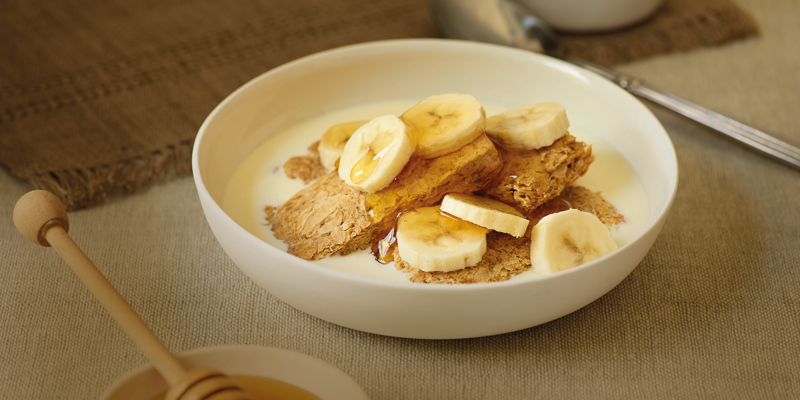
MAGNESIUM
There is also some research which shows that magnesium may help with PMS symptoms. Magnesium levels in your body fluctuate during your monthly cycle. As your body makes more oestrogen or progesterone in the lead up to ovulation, these hormones can cause the levels of magnesium in your body to dip.
The lower magnesium levels can trigger cramps, depression, headaches and migraines. To help your body increase its magnesium levels try adding beans, pumpkin seeds, bananas, wholegrains and green leafy vegetables to your diet. Increasing your intake of magnesium from a range of plant foods is beneficial for overall health, and may be particularly helpful leading up to ovulation.
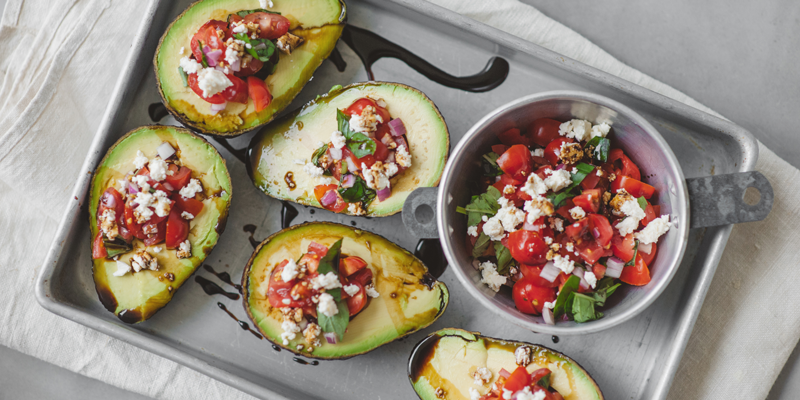
VITAMIN B6
Vitamin B6 is known to help regulate hormone activity, and getting enough vitamin B6 in your diet may also help with PMS symptoms. Foods that contain vitamin B6 include bananas, spinach, peas, sweet potatoes, avocados and breakfast cereals. Research has also found that magnesium may even be more effective at reducing the severity of PMS when combined with vitamin B6
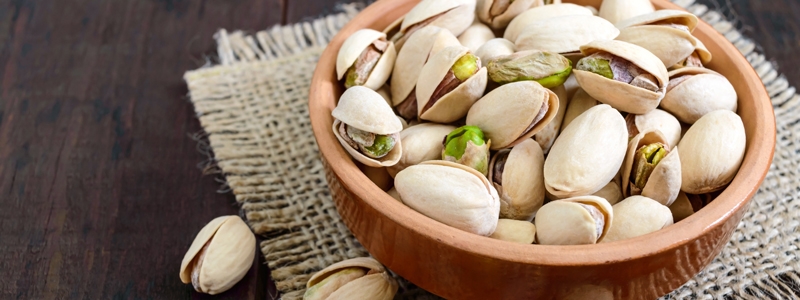
ZINC
As well as being good for the immune system, zinc has been shown to help reduce severe cramping and pain associated with your period. To get some extra zinc in your diet focus on eating more legumes, grains, nuts and seeds.
What food should you avoid to ease PMS?
As well as eating more of the good stuff there are some foods that are good to avoid when you have PMS. Try cutting back on fried foods, sugary-drinks, and highly refined carbohydrates that can exacerbate inflammation. If poor sleep and menstrual cramps are causing problems, it might be a good idea to cut back on the caffeine and salty foods.

The latest nutrition advice, plus health and wellness tips delivered to your inbox monthly
